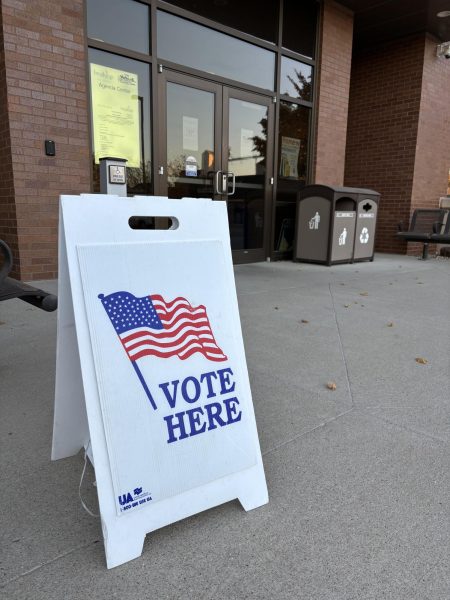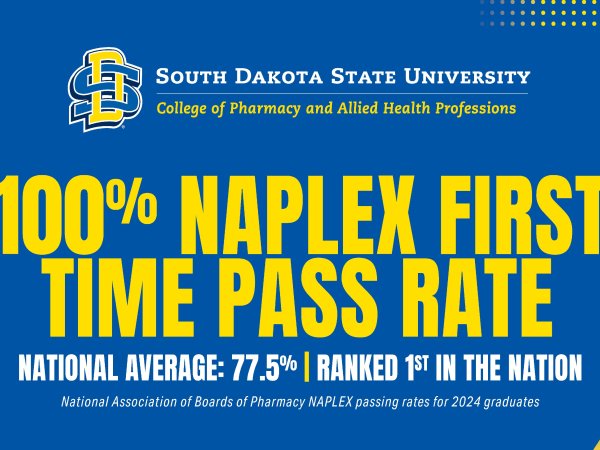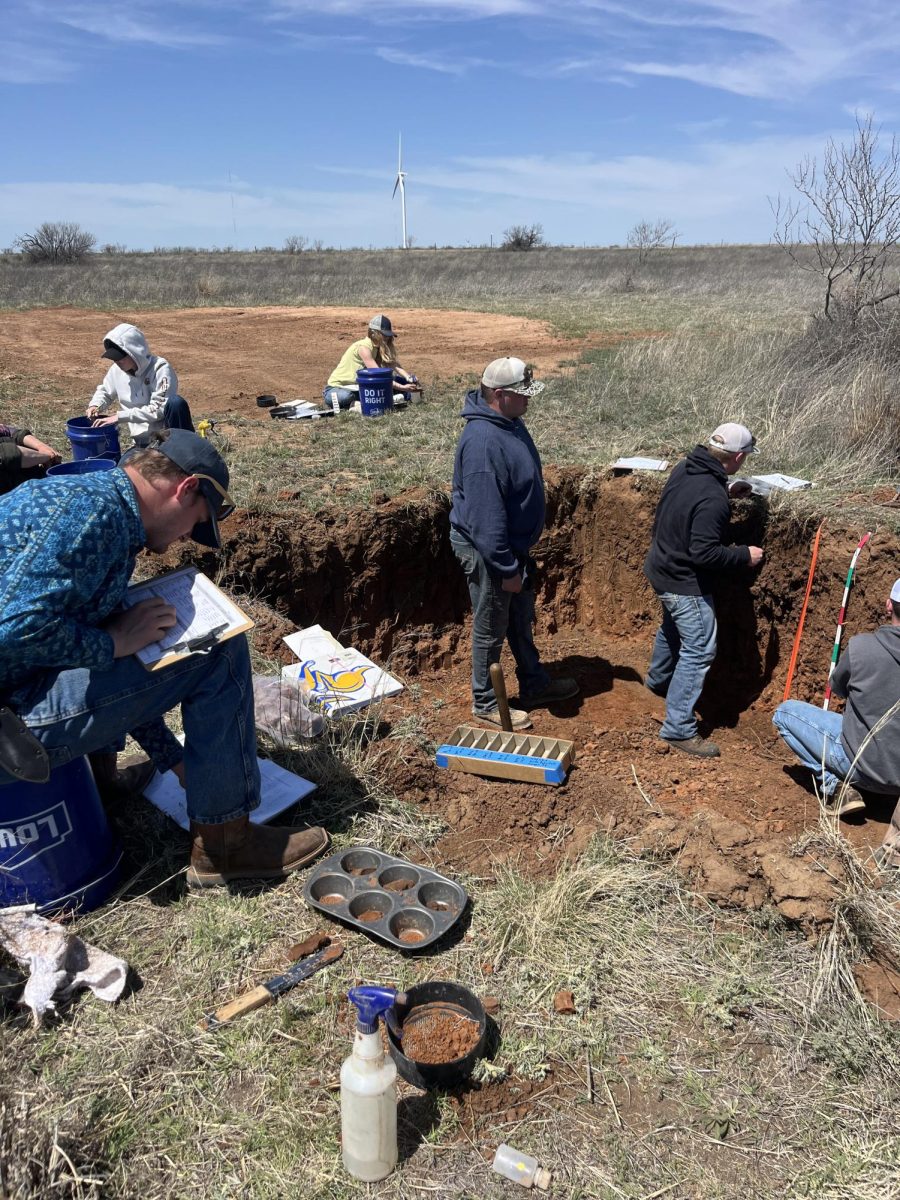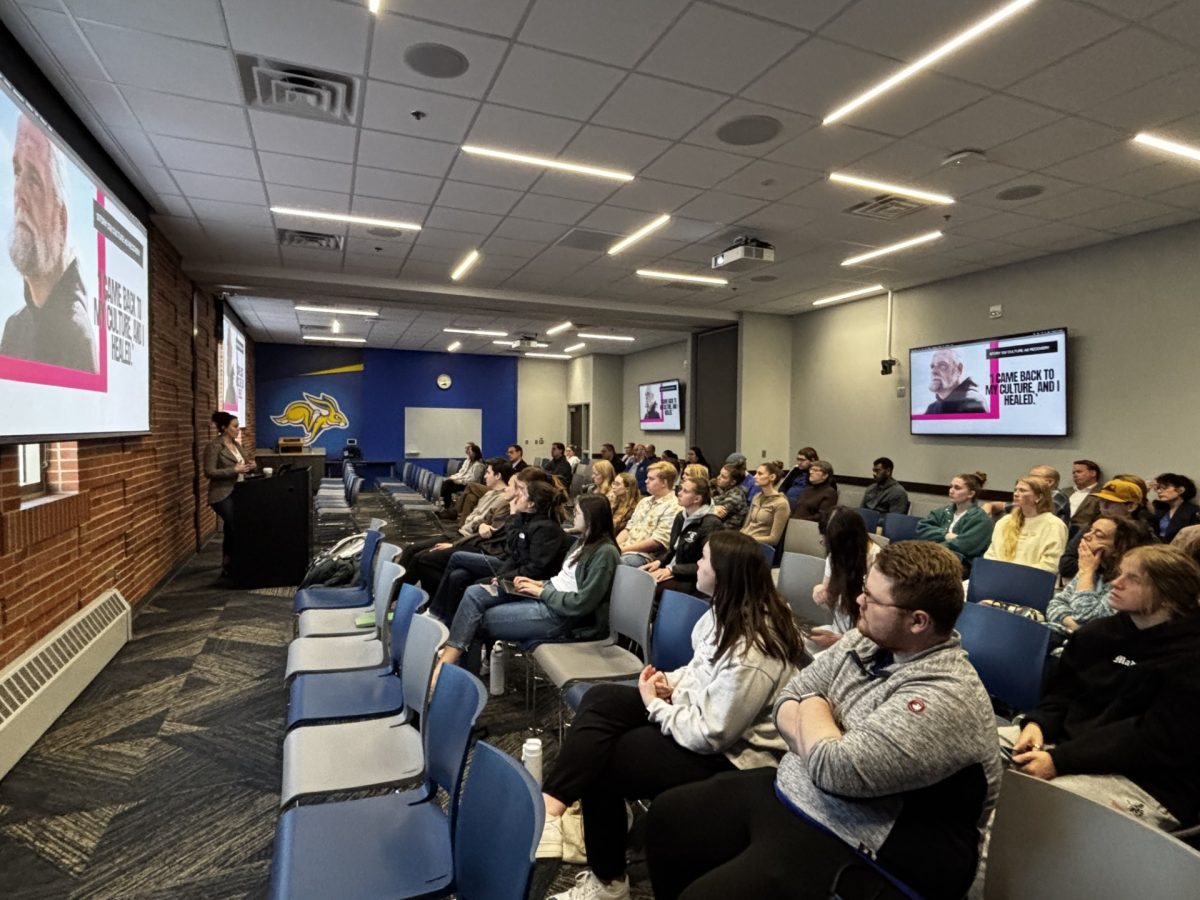
Editor’s Note: A previous version of this story did not include two paragraphs that were mistakenly left off. The e-edition and online versions of this story have been corrected.
South Dakota voters in November will decide the abortion rights issue via Amendment G.
Constitutional Amendment G is one of seven ballot measures South Dakota voters will see this election season, and it is the most publicized and talked about issue on the ballot.
According to Attorney General Marty Jackley, “This initiated amendment establishes a constitutional right to an abortion and provides a legal framework for the regulation of abortion. This framework would override existing laws and regulations concerning abortion.”
Amendment G would provide a state constitutional right to abortion and prohibit the state from regulating abortion before the end of the first trimester.
During the second trimester of pregnancy, the state may regulate abortion, but “only in ways that are reasonably related to the physical health of the pregnant woman.”
In the third trimester of pregnancy, the state may regulate or prohibit abortion, except “when abortion is necessary, in the medical judgment of the woman’s physician, to preserve the life and health of the pregnant woman.”

Amendment G would reverse the following:
- Current South Dakota law bans abortion except to save the life of the mother. In 2005, South Dakota passed a “trigger” law enacting an abortion ban to go into immediate effect upon the overturning of Roe vs. Wade, which occurred in 2022.
- In 2023, the South Dakota Legislature passed a law providing that a woman who receives an unlawful abortion is not criminally liable and abortion providers would be faced with legal repercussions.
- Other regulations on abortion include a 72-hour waiting period and counseling before an abortion is performed. Minors seeking an abortion must have parental notification 48 hours before the abortion, or that a judge approves a petition for the minor to have an abortion without parental notification. There is also no public funding for abortion.
Aside from South Dakota, 10 other states will be voting on abortion ballot measures this year. In South Dakota, a “Yes” vote would adopt the amendment; a “No” vote would leave the Constitution as it is.
Two organizations are pushing to have the amendment passed, while another opposes the measure. Dakotans for Health, chaired by Rick Weiland, and a group specifically focused on the amendment, Freedom Amendment Coalition, chaired by Nancy Turbak Berry, seek to have the amendment become law.
When asked why she got involved, Turbak Berry said, “I’ve always been an advocate for women and children. It infuriates me that here we are in 2024, and women are still having their bodies controlled by a bunch of men in legislative bodies.”
Opposing the initiative is the Life Defense Fund, co-chaired by Leslee Unruh and Representative Jon Hansen. Hansen said he got involved because, “I recognize the humanity of the unborn child and I want to do what I can to look out for that life, but also spreading the word on the impact that abortion has, not just on the unborn baby, but also on mothers and fathers across the state.”
The amendment itself went through a lengthy process to land on the ballot, as activist group Dakotans for Health spent several months working to collect petition signatures to send Amendment G to voters.
Turbak Berry, a former state senator, said that Dakotans for Health took the avenue of a constitutional amendment to avoid legislative involvement.
Hansen said: “When you do a constitutional amendment, the Legislature can’t amend it, the governor can’t amend it. It’s as permanent as it gets. That’s what they want, not just because of the permanency, but because they don’t want the legislature to be able to amend their law, which is a problem.”
Amendment G has been debated for over a year as proponents claim that its language is nearly identical to Roe vs. Wade, while opponents claim that the language is too vague, specifically the word “health,” which is mentioned several times throughout the amendment language.
Hansen said he is concerned with this language in the amendment.
“In the second trimester, they wrote physical health, but in the third trimester they just wrote health. So, it must mean more than physical health, otherwise they would’ve written physical health again. Of course, that’s more broad and enters into the realm of mental health.”
Turbak Berry countered that claim, saying, “That was the law under Roe vs. Wade for 50 years. This isn’t some term that people just cooked up. It’s been around for 50 years. I don’t have a personal definition, that’s not my job.”
“If young people turn out, it will pass. That’s where the strongest support is,” Turbak Berry added.
Turbek Berry said that she wants to spread awareness on the abortion ban we have in South Dakota and thinks it is a disservice to women and girls. She claims that passing Amendment G would allow doctors to practice freely, and allow women, girls, and families to make their own choices about healthcare.
Hansen said he worries about the health loophole, claiming that abortionists could exploit it and that abortion would be legal up to the point of birth. Hansen said that most people don’t agree with that and that a vote for Amendment G would take South Dakota backward, eliminating protections for women’s health.
“I think it could pass, but I do know that if the people know the truth about what Constitutional Amendment G would do, they will reject it. I’m very confident about that,” Hansen said.





















